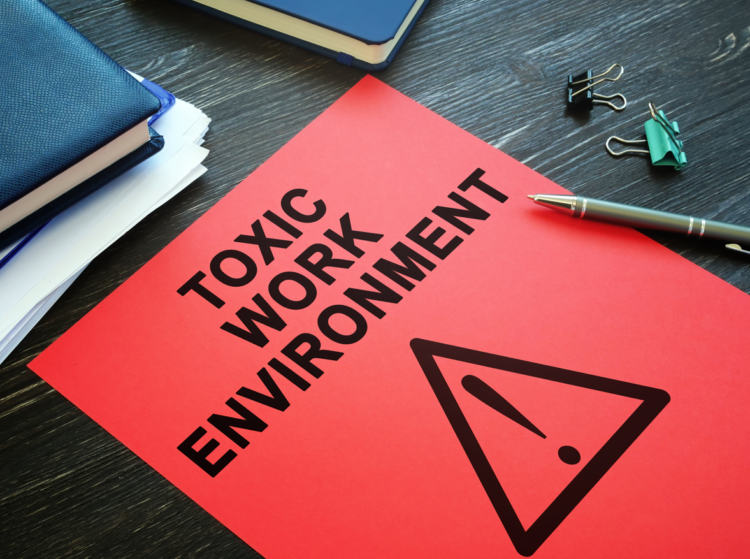Toxic managers poison the workplace culture for a third of UK staff, according to a report based on Opinium research published by Corndel.
HR is very aware of the problem, with 69 percent of HR leaders admitting that bad or toxic managers are a prevalent issue within their organisations.
Just over half (54 percent) of HR professionals believe their leaders have the skills to cultivate effective high performing teams. But in contrast, 81 percent of HR decision makers are confident that their managers uphold the organisation’s values.
However, with a third of UK employees experiencing a ‘toxic manager’ at work in the past five years, it’s no surprise that four in ten (41 percent) have left a job due to their dissatisfaction with management.
Toxic traits include employee micromanagement, inflexibility, intimidation, gaslighting colleagues and a deflecting accountability.
The research also looked at what employees want to see from their organisation. Mental health support and empathy at work were deemed crucial for job satisfaction by 47 percent of employees. A similar proportion (46 percent) feel that a positive workplace culture boosts their job performance, this increases to 55 percent among younger employees aged 18 to 34.
James Kelly, co-founder and CEO of Corndel, said: “In an era where company culture is actively promoted and workplace mental health is marketed as an employee benefit, ensuring that employees’ lived experiences meets their expectations for management culture is key. The evolving expectations of employees are moving beyond free breakfasts and ping-pong tables to influencing organisational structures built on empathy and inclusion, with mental health and wellbeing support baked into the culture.”
Kelly urged HR decision-makers to prioritise finding solutions for toxic workplaces and recognise that empathy, emotional intelligence and mental health support are critical factors in enhancing employee retention, performance, and job satisfaction.
‘Accidental’ managers, who lack key skills, could be responsible for a significant number of toxic and ineffective behaviours, the report said. Accidental managers are those who are promoted into more senior roles when there is a dearth of qualified candidates. This has become more of an issue in the past few years as a result of the UK skills shortage.
Toxic domino effect
Recent research by the Chartered Management Institute found 82 percent of workers who enter management positions have not had any formal management and leadership training, and half of people who don’t have an effective manager are planning to leave their organisation in the next 12 months.
HR leaders nearly unanimously (99 percent) agreed that leadership training is an effective approach to combating a toxic workplace culture. And more than half (54 percent) are convinced that workplace training can completely eliminate toxicity. Encouragingly, more than six in ten (62 percent) organisations said they will increase their training budgets in 2024, up from 48 percent in 2023.
The vast majority (90 percent) of HR decision-makers recognise that mental health significantly impacts business performance, suggesting, the report said, that there will be a shift towards improved mental health and wellbeing policies being woven into workplace culture in the near future.
Kelly said: “Our report emphasises that urgent action is required to prevent the domino effect of toxic managers on employee wellbeing, engagement, and retention. By prioritising leadership development that focuses on ‘human’ management skills, emotional intelligence and mental health support, HR teams can combat toxic management cultures and build motivated, psychologically secure teams.”
Opinium conducted its research with 250 HR decision makers at large organisations and 1,000 UK employees, with findings reported in Corndel’s Workplace Training Report 2024.












